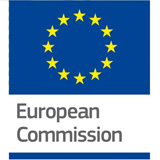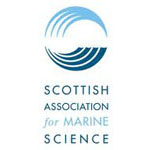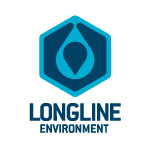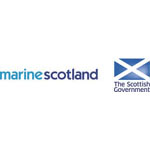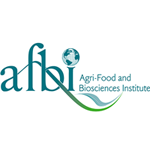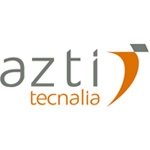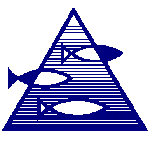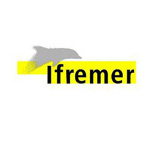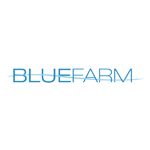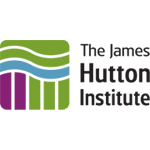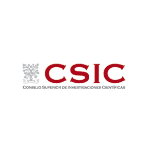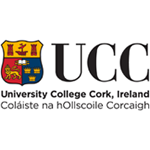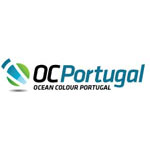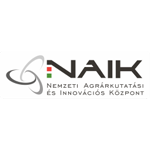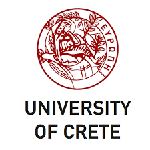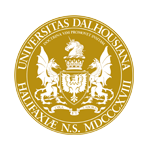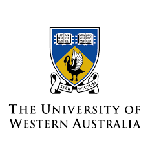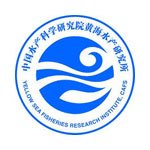You are here: Home > Research and Innovation > Collaborative Research > AquaSpace > Partners
AQUASPACE PARTNERS
SAMS is one of the oldest marine research institutions in the world and is a centre of excellence for the study, education, promotion of marine science. SAMS research has contributed to the societal understanding of the marine environment in subjects as diverse as: biological oceanography, coastal and fjordic marine environments, physics, biogeochemistry.
Longline provides modelling and advisory services, data solutions and insurance services for the aquaculture, fisheries and water quality industries. Aquaculture modelling addresses the key environmental, social and economic issues faced by farmers, regulators and water managers. Longline's modelling platform has the largest range of species in the aquaculture industry.
FAO promotes a world in which responsible and sustainable use of fisheries and aquaculture resources makes an appreciable contribution to human well-being, food security and poverty alleviation. To strengthen global governance and the managerial and technical capacities of members and to lead consensus-building towards improved conservation and utilization of aquatic resources.
Marine Scotland is a Directorate of the Scottish Government and is responsible for the integrated management of Scotland's seas. Marine Scotland's purpose is to manage Scotland's seas for prosperity and environmental sustainability, working closely with our key delivery partners and others.
The Agri-Food & Biosciences Institute (AFBI) was created as an amalgamation of the Department of Agriculture and Rural Development (DARD) Science Service and the Agricultural Research Institute of Northern Ireland (ARINI). AFBI carries out high technology research and development, statutory, analytical, and diagnostic testing functions.
AZTI is an expert technology centre in marine and food research, committed to social and economic development of the fisheries, marine and food sector, as well as to the study of the marine environment and natural resources in the context of sustainable development.
The Institute of Marine Research is Norway's largest centre of marine science. IMR's main task is to provide advice to Norwegian authorities on aquaculture and the ecosystems of the Barents Sea, the Norwegian Sea, the North Sea and the Norwegian coastal zone. Fifty percent of their activities are financed by the Ministry of Trade, Industry and Fisheries.
CMR is dedicated to perform R&D of complete measurement systems for the Marine and Environment, from sensor to decision support, and offer services, including reviews, testing, data collection, modelling and simulation, image and video analysis.
The Institut français de recherche pour l'exploitation de la mer is an oceanographic institution in France dedicated to monitoring , use and enchancement of coastal areas, optimisation of aquaculture production, among a host of other scientific activities.
BLUEFARM s.r.l. is a spin-off SME of the Venice University “Ca’ Foscari”. Bluefarm's mission is to bring to the market the know-how developed during two decades of academic research, bridging the gap between scientific research and applied knowledge, with focus on the sustainable management of coastal and marine ecosystems and, in particular, of aquaculture activities.
The University of Haifa provides academic and research facilities to a diverse student body, drawn from all sectors of Israeli society. The domains of research and education at the university facilitate an inter-disciplinary combination typifying the forefront of academic research and knowledge-intensive firms. Much of the University's research is carried out in forty institutes, centers and laboratories.
The Spanish National Research Council (CSIC) is the largest public institution dedicated to research in Spain and the third largest in Europe. Belonging to the Spanish Ministry of Economy and Competitiveness through the Secretary of State for Research, Development and Innovation, its main objective is to develop and promote research that will help bring about scientific and technological progress.
UCC is Ireland's premier research university. The Coastal & Marine Research Centre (CMRC) is part of the Environmental Research Institute in UCC and is a multidisciplinary research centre and with activities distributed across five inter-linked thematic areas: Coastal Governance, Marine Ecology, Applied Remote Sensing & GIS, Marine Geomatics, Coastal Processes and Seabed Mapping
is the largest out of three German federal research institutes for fisheries and aquaculture. Rhe institute has about 75 employees and three research vessels. TI-SF prepares decision support for the German Federal Ministry of Food, Agriculture and Consumer Protection (BMELV) with respect to the Common Fisheries Policy of the EU (CFP) and international marine conventions.
SGM operates at the interface between industry, education and scientific research and management providing: maintenance support for the local aquaculture industry and fishing fleet. They support with equipment and human resources for coastal field studies by both local and foreign universities, and other educational institutions.
The institutes integrated by NARIC conduct high-quality basic and applied research and development activities related to plant and animal biotechnology, animal breeding, reproduction and nutrition, aquaculture and fisheries, food and meat science, plant and vegetable production, viticulture and enology, forest research and management, agro-environmental research and technologies.
The Department of Biology was founded in 1981, and soon gained the leading role in Greek biological research and education and a conspicuous role in European research. Members of the Department staff have been involved in more than 100 research projects during the past decade covering a wide range of disciplines including marine ecology, fisheries and aquaculture.
NOAA is a federal agency that informs communities about pollution, harmful algae, climate impacts with the goal of responsible management of coastal resources. The NCCOS Coastal Aquaculture Planning and Environmental Sustainability Program (CAPES) assesses the effects of aquaculture on the environment to support sustainable options for coastal aquaculture development.
DAL internationally known as one of North America's most welcoming universities. Founded in 1818, Dalhousie is one of Canada's oldest universities. Located on Canada’s East Coast, the university blends world-class academic programs with leading-edge research. DAL's focus on academic innovation means it is committed to the continuous development of programs and courses.
The UWA Oceans Institute (OI) develops and provides solutions for human-ocean related grand-challenges. A major focus of the OI is to advance knowledge in sustainable and safe use of critical marine resources. To this end, and because aquaculture is a developing industry in Australia, UWA OI is now focusing on increasing research in this area.
YSFRI is a multidisciplinary marine and fisheries research institute founded in 1947. In the past 60 years YSFRI has been devoted to the mission of ‘Exploitation and sustainable utilization of marine biological resources’, by focusing research on fishery resource investigation, mariculture and fish stock enhancement, fish product processing and quality control.
BHG is an SME which operates on a pond area of 850 hectares fishponds, located in the South-eastern region of Hungary, in Békés County, nearby the Romanian border. Aquaculture in the region has the mission of producing high quality fish products with a low input intensity technology based on the renewal of natural resources and stimulating economic development of the area with job creation.



